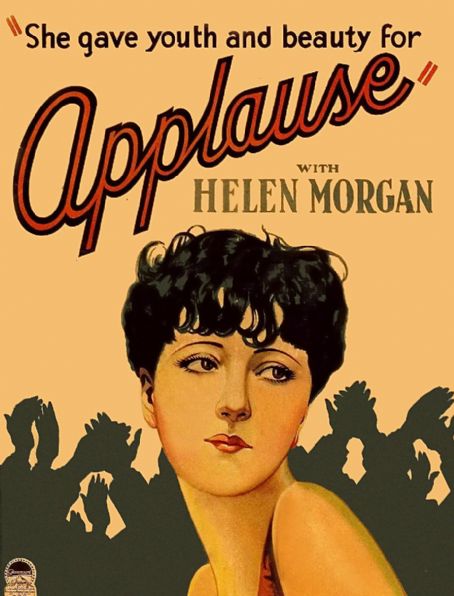In Space No One Can Hear You Clap
Or Why You Should Applaud in Live Theatres 
Recently, I had the pleasure to attend two filmed theatre pieces. One of them was filmed live from London (Rocky Horror, gasp!), but the other was just a recorded showing. When Frankenstein’s monster shouted, “Come on Frankenstein!” and disappeared into the fog, my friends and I started clapping in a relieved frenzy. This instantly aroused some snarky, supposedly-under-their-breath comments from our fellow audience members.
I started wondering afterwards why clapping is important, even when the performers cannot hear or see you. The obvious reason is that applause is not only for the people performing. They are big audible neon light signs that say “I DIG IT!” to everybody around you.
Of course, applause is for you as well. The best plays I’ve seen have made me forget everything about my life, they have taken me to another place, another realm. The greatest of actors have made me weep with them. Right when you’re almost falling off of the edge of your seat, the piece lets you go, and the lights go dark. When the lights go back on, you tumble down to your life, but just before that, you raise your hands and let it all out. The sound of hands clapping together grants catharsis.
A more anthropologic way of thinking about theatre is that it is a ritual, where every discourse and every act is exactly that, an act. And the audience has a role in this make believe ritual. Nothing you see is “real” on the stage, so why would your applause be any different?
But there is also the culture of applauding. I think that the actors whose work is broadcast across the globe know they are being watched by more people than the those inside their theatre.
Have you ever been applauded to? Nothing quite results in such a rush, relief, and joy. Now imagine that instead of your folks applauding at your elementary school’s Christmas play, you know that people around the world are applauding at and for you. I think I, the audience, ought to play my part in that feeling.
So, the next time someone snorts, “Ha ha, don’t they know the actors cannot hear them?” after a broadcast play, I just smirk, shake my head, and think, buddy, I think they can.